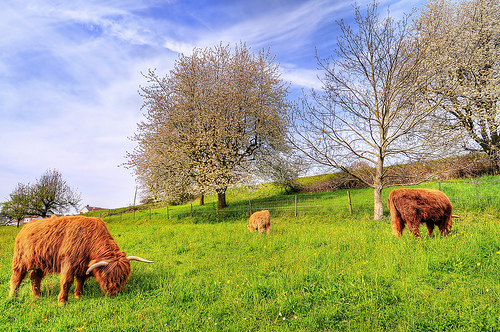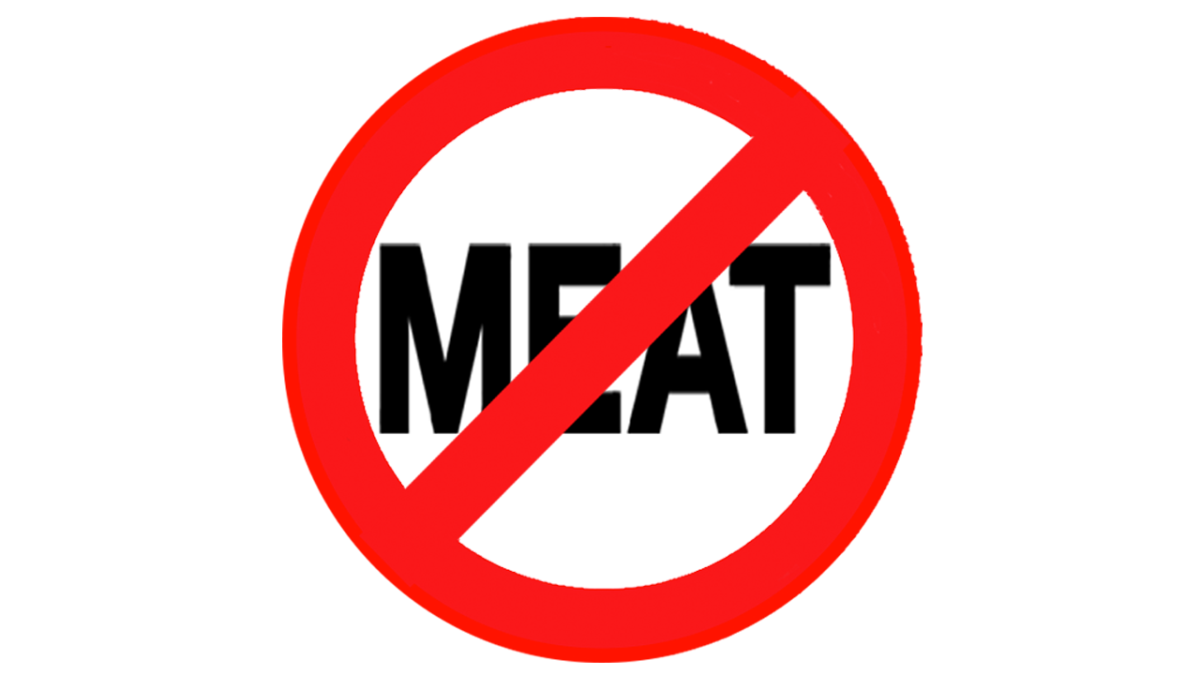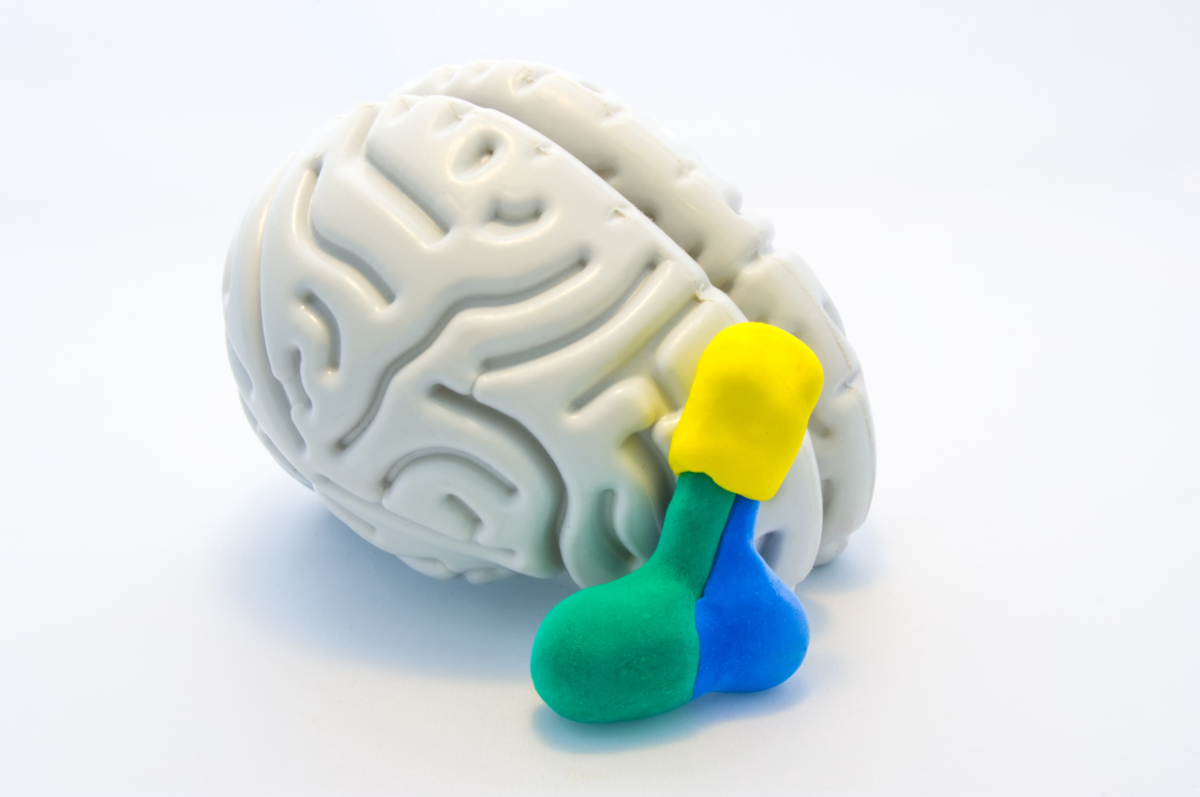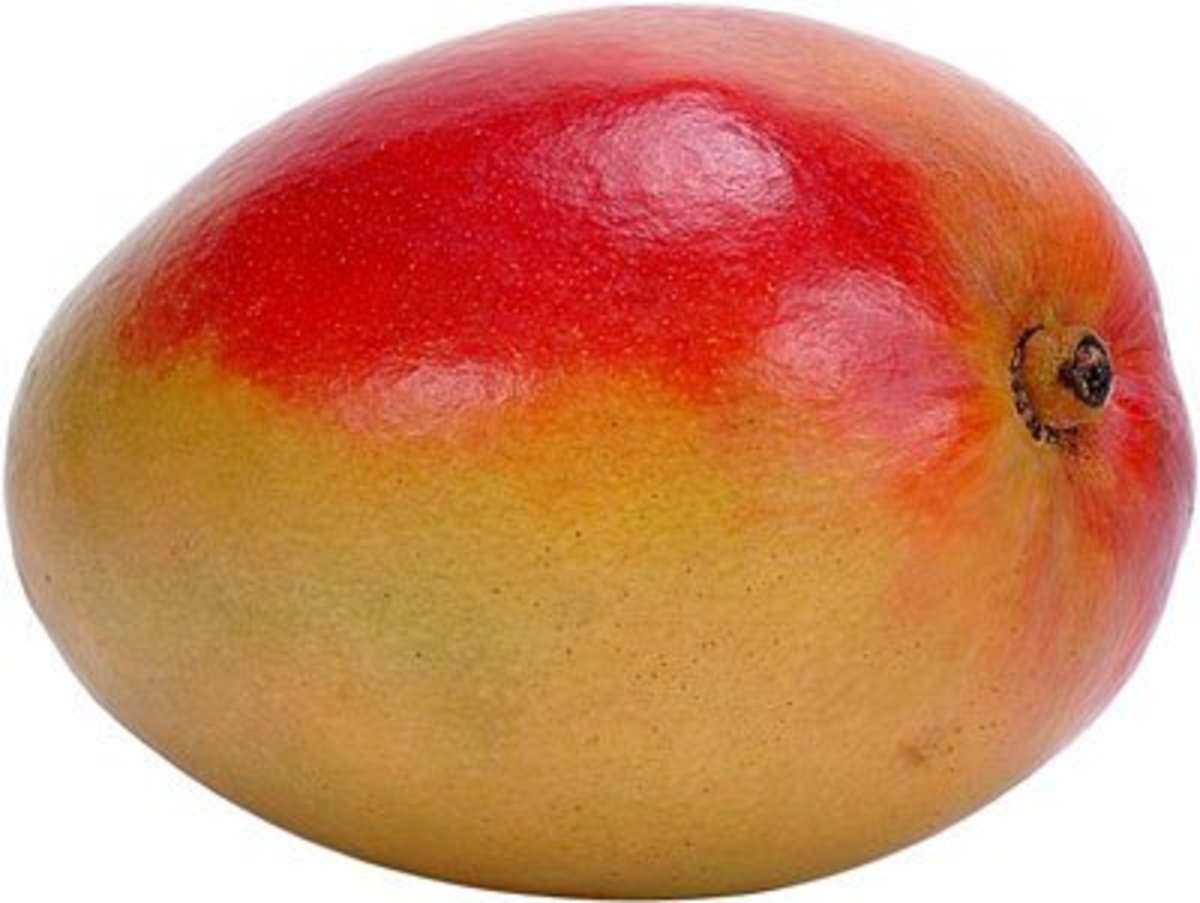Which is more healthy for consumption by humans, animals or plants?


Humans are lucky enough to be one of the most versatile eaters of any creatures in the world. Unlike cows or cats, which can only digest vegetable or animal foods respectively, humans can eat both animal and plant foods, and an astonishing variety of both!
In recent years, however, this versatility has led to many debates among both scientists and the general public is about what exactly the ideal human diet is. Meat lovers scoff at vegetarian diets; vegetarians point to the numerous studies indicating that their diets are just as healthy and complete as those of meat lovers, and scoff right back. Vegans scoff at both.
Lost in the endless arguments are a few simple facts:
- It is not possible for humans to receive all the nutrients necessary for good health on a 100% vegan diet or a 100% meat diet (though some Arctic cultures come close), without including some supplements or fortified foods.
- It is possible for humans to receive all the nutrients necessary for good health on a vegetarian diet, without supplementation or fortification.
- The easiest (though not the only) method of ensuring a balanced, healthful diet is to consume a mix of plant and animal foods, including meat.
More and more traditional food cultures are being shown to incorporate a diet that promotes optimum human health. Most traditional food cultures are based around plant foods, especially whole grains, fresh vegetables, and fruits, but incorporate nutrient-dense grassfed meats (including organ meats and bone marrow), eggs, fermented dairy products, and butter or lard, as well as fish and seafood.
Contrast this to the average American diet, which focuses on grain-fed meat and refined grains, with high consumption of refined sugars and hydrogenated vegetable oils and relatively low consumption of vegetables, fruits, and fermented foods, and you begin to see where we have gone wrong.
Recommended Reading
Whether you choose to eat meat, go vegetarian, or even go vegan with proper supplements is largely a matter of philosophy. Any of the three diets can promote good health and adequate nutrition.
What is far more important is that, whichever diet you choose, you eat real food, not highly refined and processed "food."
Most of the health risks associated with a diet high in animal products come not from the foods themselves, but from the way they were raised and processed. A steak that comes from a steer jammed in an overcrowded feedlot and stuffed with grain, antibiotics and growth hormones to fatten him and keep him healthy in unhealthy, stressful conditions is not going to be as good for you (or the environment!) as a steak from a steer left to fatten slowly and naturally on good pasture in the fresh air and sunshine.
Neither is an apple dusted with toxic pesticides residues, or a grain of wheat grown in depleted soil that is kept productive by application of large amounts of petroleum-based fertilizers and stripped of its bran before being mixed with high fructose corn syrup, preservatives, and other fake foods to end up in your breakfast cereal.
The secret to healthy eating is not what diet philosophy you do or don't follow, it's this simple phrase: Eat Real Food.







